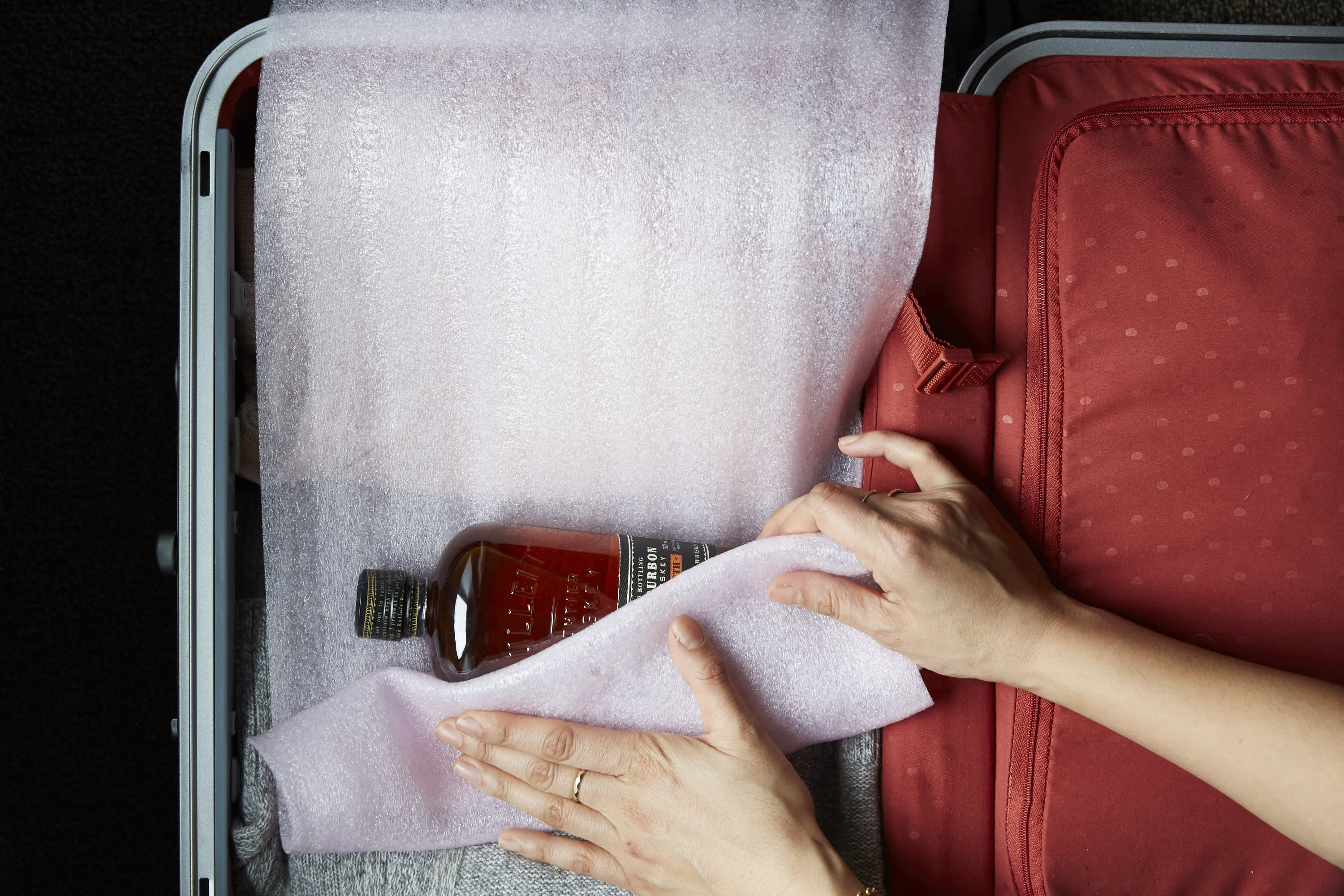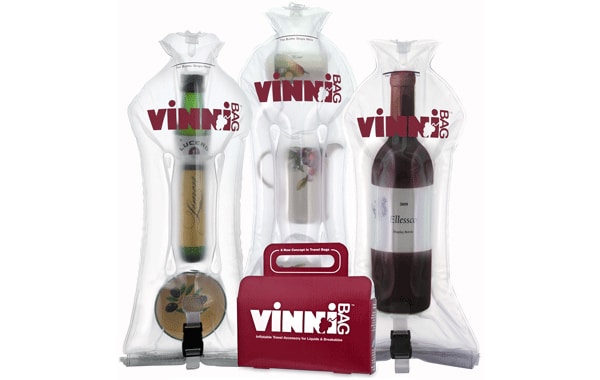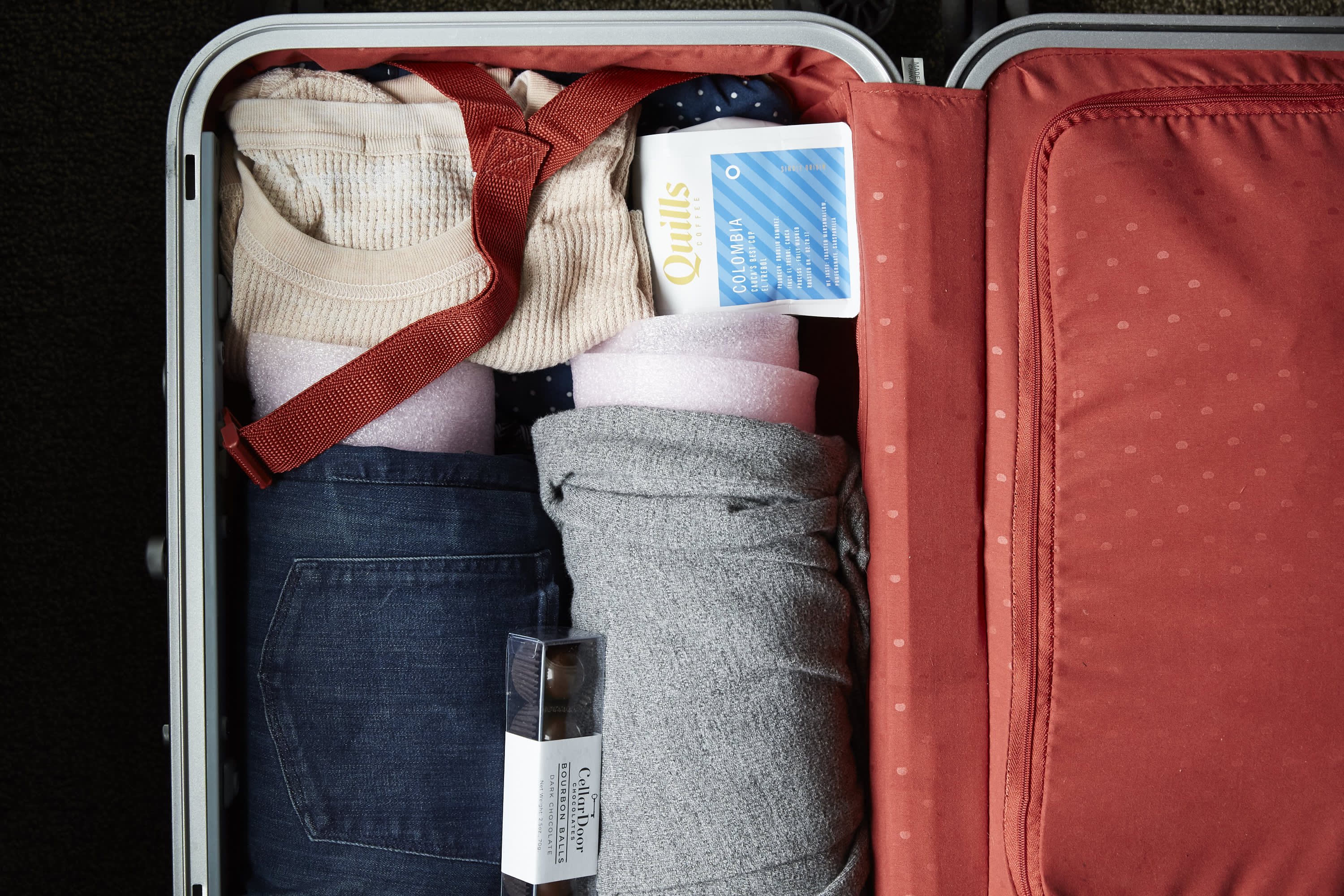
Introduction
Overview of Packing Alcohol in Checked Luggage
When it comes to traveling, many individuals may wonder whether they are allowed to pack alcohol in their checked luggage. Understanding the regulations and safety guidelines regarding this issue is essential to avoid any complications or delays during the travel process. This blog post aims to provide a comprehensive overview of packing alcohol in checked luggage, including the safety regulations and restrictions that need to be followed.
Safety Regulations and Restrictions
It is important to note that the regulations and restrictions regarding packing alcohol in checked luggage may vary depending on the airline and destination country. However, there are some general guidelines that are commonly followed:
- Alcohol Content Limit: Most airlines and countries have limits on the alcohol content that can be transported in checked luggage. It is typically recommended to pack alcohol with an alcohol content of 70% or less.
- Quantity Limits: There may also be restrictions on the quantity of alcohol that can be packed in checked luggage. It is advisable to check with the airline or refer to their website for the specific limits applicable to your travel.
- Packaging and Sealing: Alcohol bottles should be securely sealed to prevent any leakage during the journey. It is recommended to wrap the bottles in a plastic bag or use specially designed alcohol bottle bags for added protection.
- Declaration and Documentation: Some airlines or countries may require passengers to declare the presence of alcohol in their checked luggage. Make sure to check the specific requirements and complete any necessary documentation before traveling.
- Prohibited Items: Certain countries have strict regulations on the types of alcohol that can be brought into the country. It is important to familiarize yourself with the restrictions of your destination country to avoid any legal complications.
In conclusion, packing alcohol in checked luggage requires adherence to safety regulations and restrictions imposed by airlines and destination countries. Familiarize yourself with the guidelines, limits, and packaging requirements to ensure a smooth travel experience. Remember to check with your airline and destination country for any specific requirements before packing alcohol in your checked luggage.

Types of Alcohol Allowed
Types of alcohol permitted in checked luggage
Restrictions on alcohol percentage and volume
When it comes to packing alcohol in checked luggage, it is important to be aware of the types of alcohol permitted and the restrictions on alcohol percentage and volume. Generally, most airlines and countries allow the transportation of alcohol with an alcohol content of 70% or less. However, it is always recommended to check with the specific airline and destination country for any variations or additional restrictions. Additionally, there may be limitations on the quantity of alcohol that can be packed, so it is advisable to refer to the airline’s website or contact them directly for the accurate information. This way, travelers can ensure compliance with the regulations and avoid any issues during their journey.


Packing Requirements
Packaging and sealing alcohol bottles securely
When packing alcohol in checked luggage, it is crucial to package and seal the bottles securely to prevent any leaks or breakages during transportation. It is recommended to place the bottles in sealed plastic bags or use special wine bottle sleeves to protect them from any impact. Additionally, double-check that the caps or corks are tightly sealed before packing them. This will help ensure the integrity of the bottles and prevent any damage or spillage.
Protective measures to prevent leakage or breakage
To further protect the alcohol bottles from leakage or breakage, consider adding additional cushioning materials such as bubble wrap or foam inserts around each bottle. This will provide extra protection and minimize the risk of damage caused by rough handling or shifting during the flight. Additionally, placing the bottles in the center of the luggage and securing them with clothing or other soft items can also help prevent movement and potential breakages. By taking these protective measures, travelers can have peace of mind knowing their alcohol is well-protected throughout the journey.



Packing Requirements
Packaging and sealing alcohol bottles securely
When packing alcohol in checked luggage, it is crucial to package and seal the bottles securely to prevent any leaks or breakages during transportation. It is recommended to place the bottles in sealed plastic bags or use special wine bottle sleeves to protect them from any impact. In addition, double-check that the caps or corks are tightly sealed before packing them. This will help ensure the integrity of the bottles and prevent any damage or spillage.
Protective measures to prevent leakage or breakage
To further protect the alcohol bottles from leakage or breakage, consider adding additional cushioning materials such as bubble wrap or foam inserts around each bottle. This will provide extra protection and minimize the risk of damage caused by rough handling or shifting during the flight. Additionally, placing the bottles in the center of the luggage and securing them with clothing or other soft items can also help prevent movement and potential breakages. By taking these protective measures, travelers can have peace of mind knowing their alcohol is well-protected throughout the journey.
Quantity Limits
Limits on the quantity of alcohol allowed in checked luggage
When it comes to transporting alcohol in checked luggage, there are limits imposed on the quantity that travelers are allowed to bring. Each airline may have different regulations, so it is essential to check with the specific airline before packing. Violating these limits may result in confiscation of the alcohol or other penalties.
Permissible limits for personal use
For personal use purposes, travelers are generally allowed to transport a limited quantity of alcohol in their checked luggage. This typically ranges from 5 to 16 liters per person, depending on the country and airline regulations. However, it is vital to note that some countries may have stricter regulations or may prohibit the transportation of alcohol altogether. Being aware of these limits and adhering to them will ensure a smooth and hassle-free travel experience.


Declaration and Documentation
Requirements for declaring alcohol in checked luggage
When transporting alcohol in checked luggage, it is important to comply with the necessary declaration requirements set by the airline. This typically involves notifying the airline personnel during check-in or at the security screening checkpoint. Failure to declare the alcohol may result in penalties or confiscation. It is advised to familiarize oneself with the specific airline’s declaration guidelines prior to traveling.
Necessary documentation and forms to be submitted
In addition to declaring the alcohol, travelers may be required to provide relevant documentation and complete necessary forms. This may include proof of purchase or receipts, especially when traveling internationally. Some airlines or countries may also have specific customs forms or permits that need to be filled out. It is crucial to ensure all required documentation is accurately completed and readily available when transporting alcohol in checked luggage.


Transporting Alcohol Internationally
Regulations and customs procedures for traveling with alcohol
When transporting alcohol in checked luggage, passengers must adhere to specific declaration requirements as outlined by the airline they are flying with. Notification to airline personnel is typically necessary during check-in or at the security screening checkpoint. Failure to properly declare the alcohol can lead to penalties or confiscation. To ensure compliance, travelers should familiarize themselves with the airline’s guidelines before embarking on their journey.
In addition to declaring the alcohol, travelers may need to submit relevant documentation and complete necessary forms. This includes providing proof of purchase or receipts, particularly when traveling internationally. Some airlines or countries may also have specific customs forms or permits that must be filled out. It is crucial to accurately complete all required documentation and have it readily available when transporting alcohol in checked luggage.


Transporting Alcohol Internationally
Regulations and customs procedures for traveling with alcohol
When transporting alcohol in checked luggage, passengers must adhere to specific declaration requirements as outlined by the airline they are flying with. Notification to airline personnel is typically necessary during check-in or at the security screening checkpoint. Failure to properly declare the alcohol can lead to penalties or confiscation. To ensure compliance, travelers should familiarize themselves with the airline’s guidelines before embarking on their journey.
In addition to declaring the alcohol, travelers may need to submit relevant documentation and complete necessary forms. This includes providing proof of purchase or receipts, particularly when traveling internationally. Some airlines or countries may also have specific customs forms or permits that must be filled out. It is crucial to accurately complete all required documentation and have it readily available when transporting alcohol in checked luggage.
Conclusion
Summary of key points for packing alcohol in checked luggage
- Passengers must declare alcohol when transporting it in checked luggage
- Familiarize yourself with the airline’s guidelines to ensure compliance
- Provide proof of purchase or receipts when traveling internationally
- Complete any necessary customs forms or permits required by airlines or countries
- Have all documentation readily available during the transportation process
Ensuring compliance with regulations and safe transportation
- Ensure that alcohol is properly packaged to prevent breakage or leakage
- Pack alcohol in protective materials such as bubble wrap or padded inserts
- Place alcohol bottles in a sealed plastic bag to prevent any spillage
- Follow any size or quantity restrictions set by the airline or country
- Handle alcohol containers with care to avoid any damage during transit